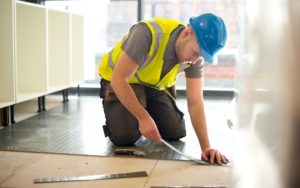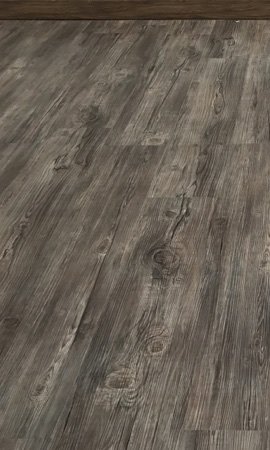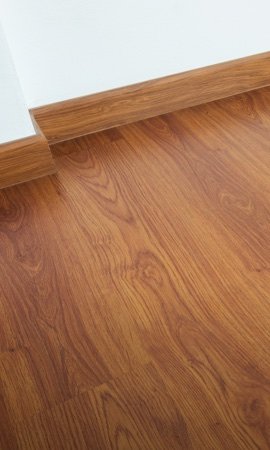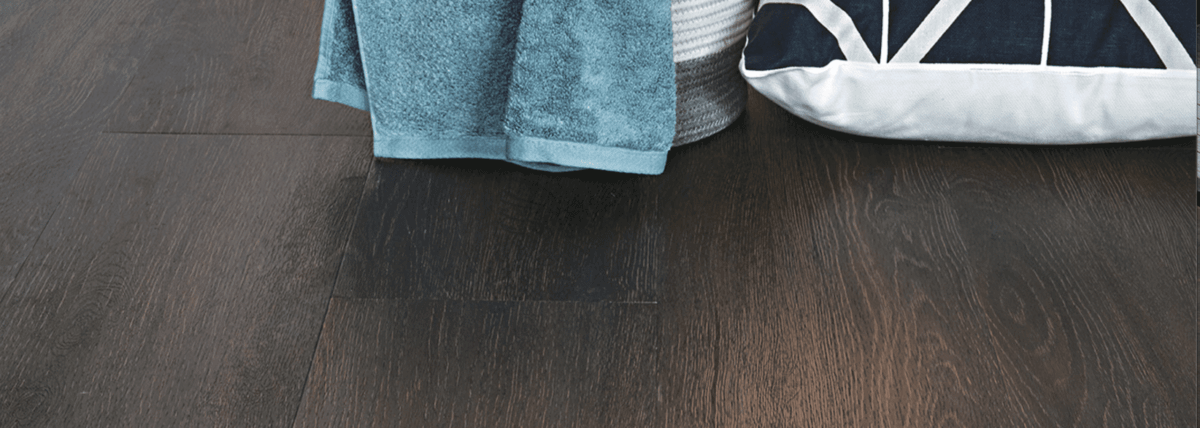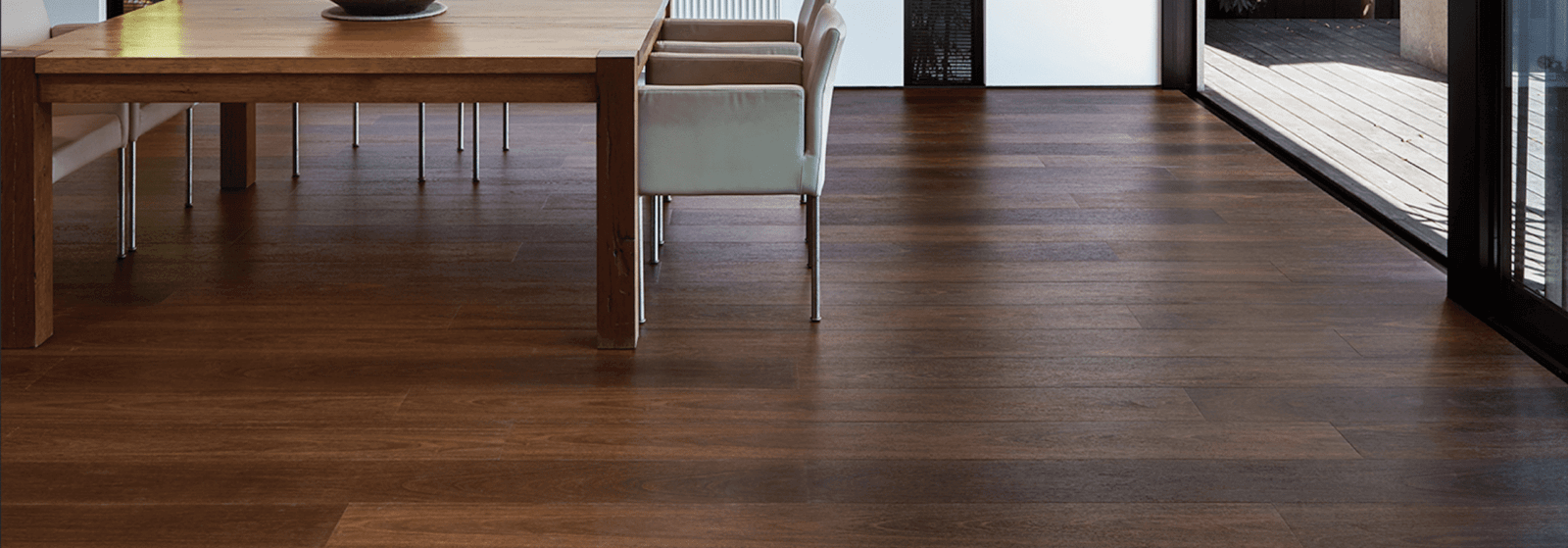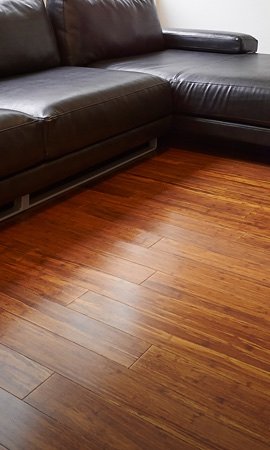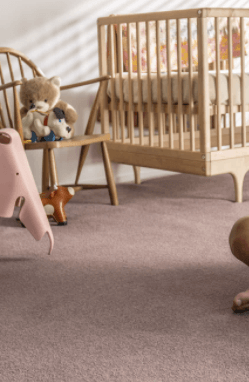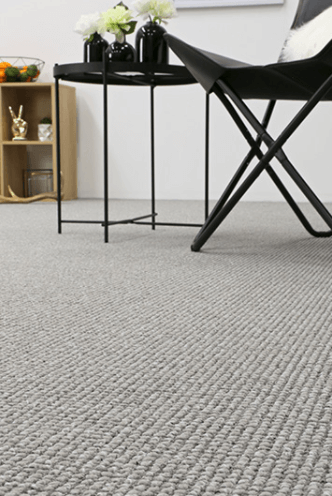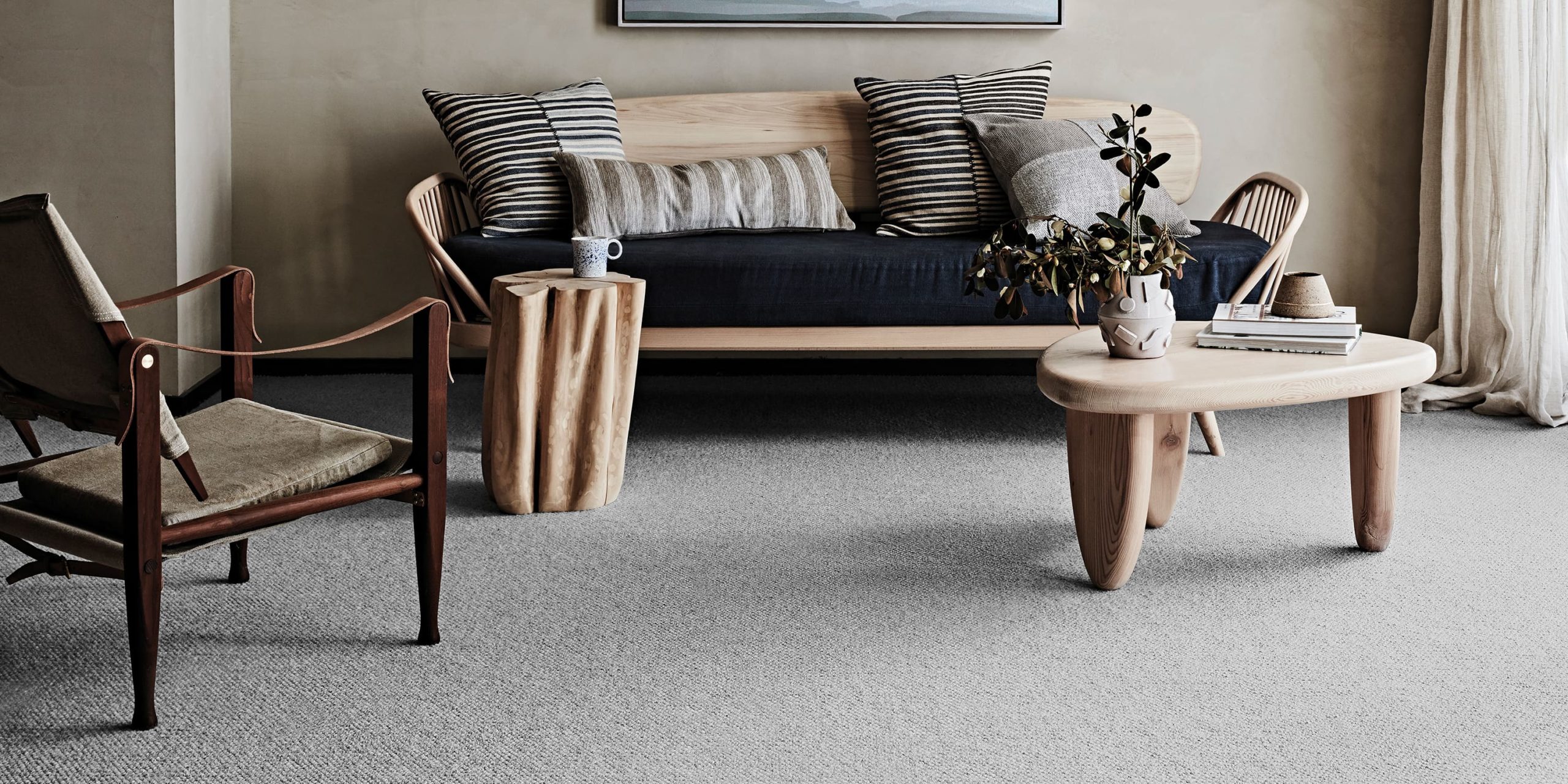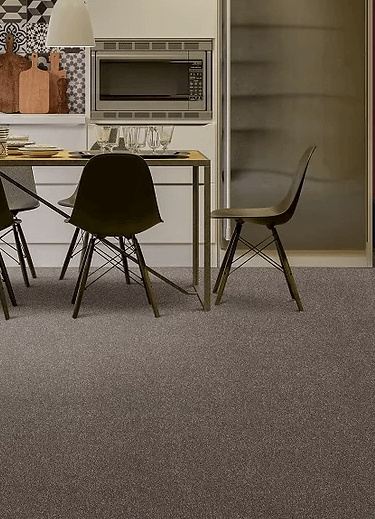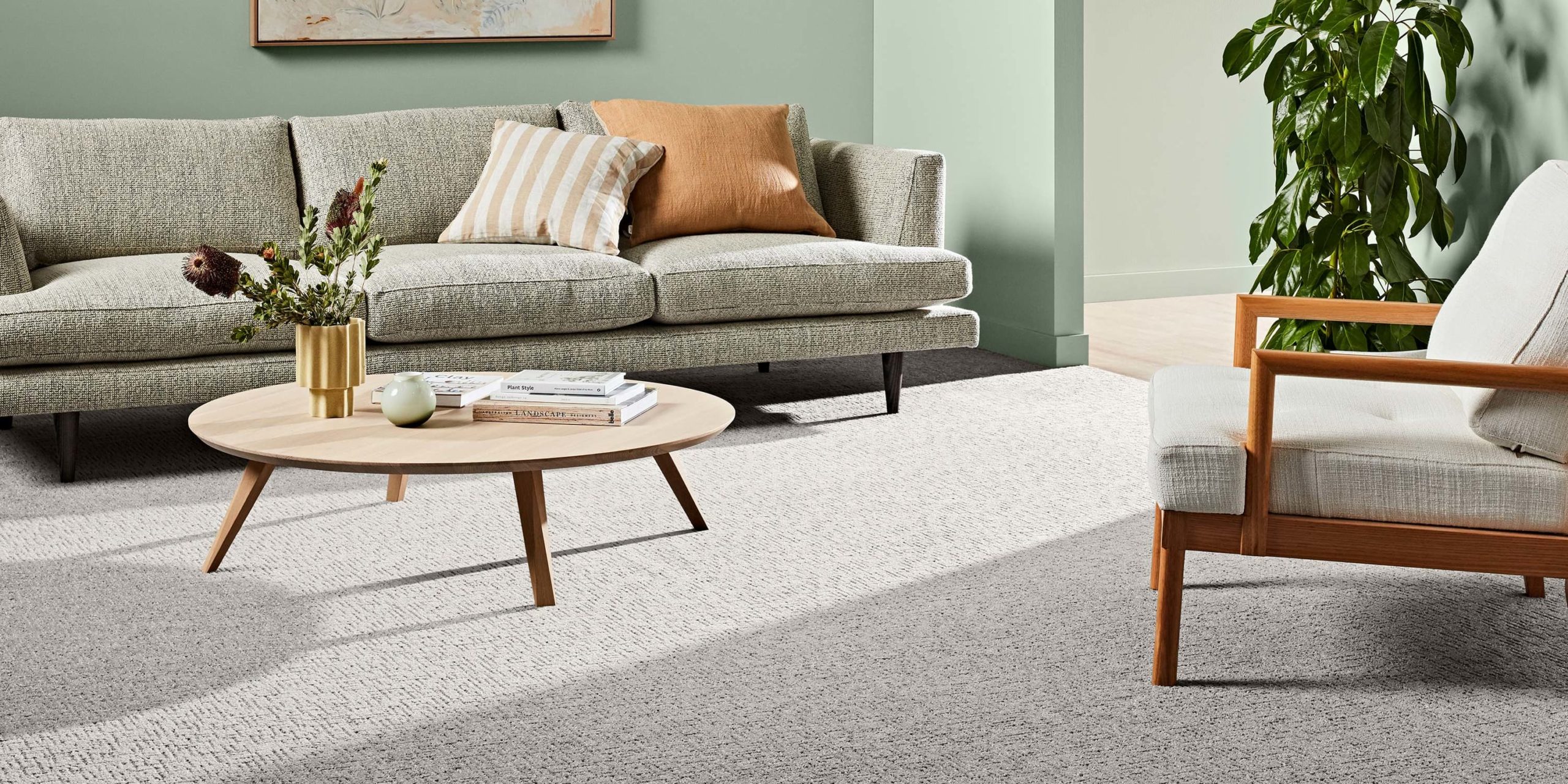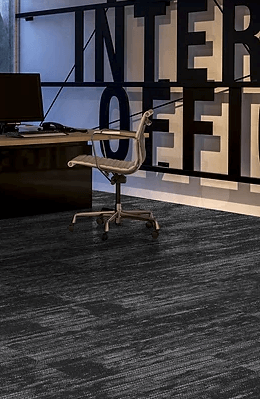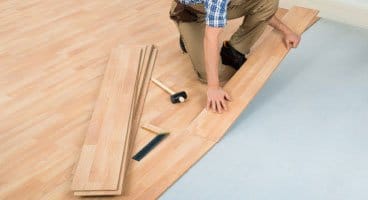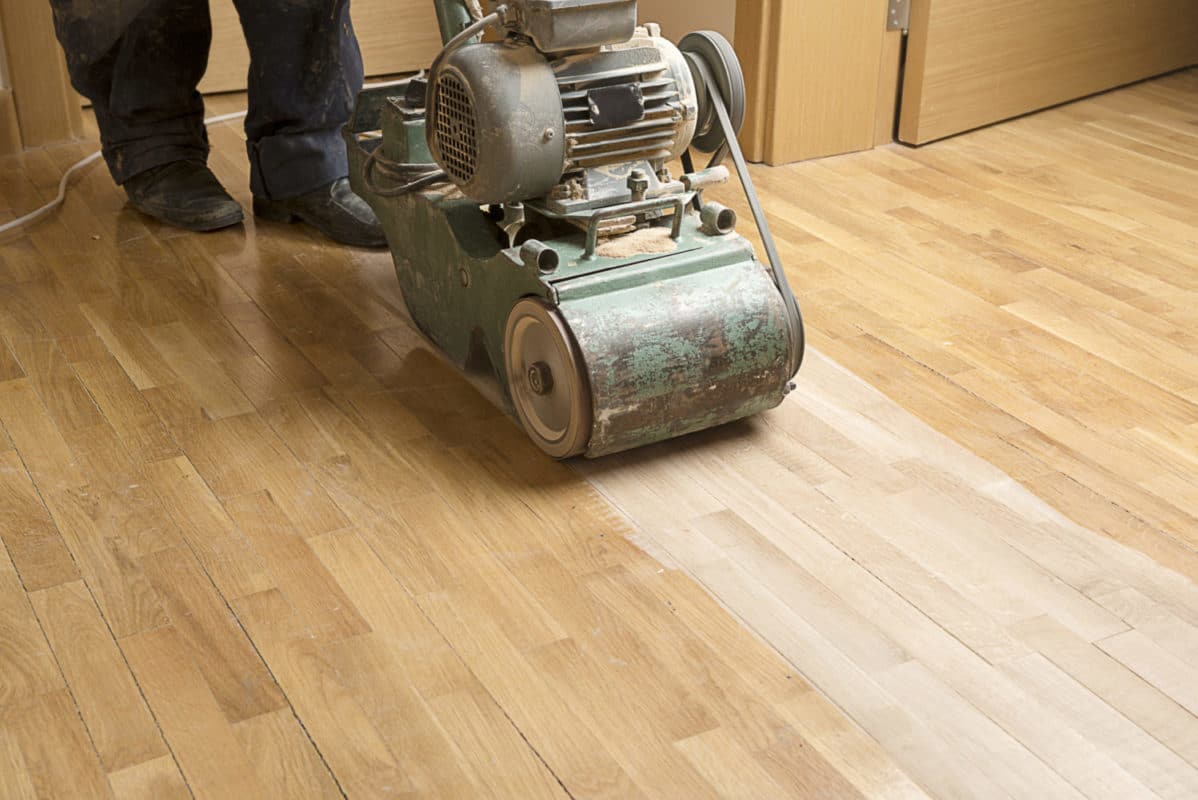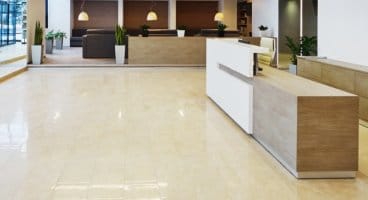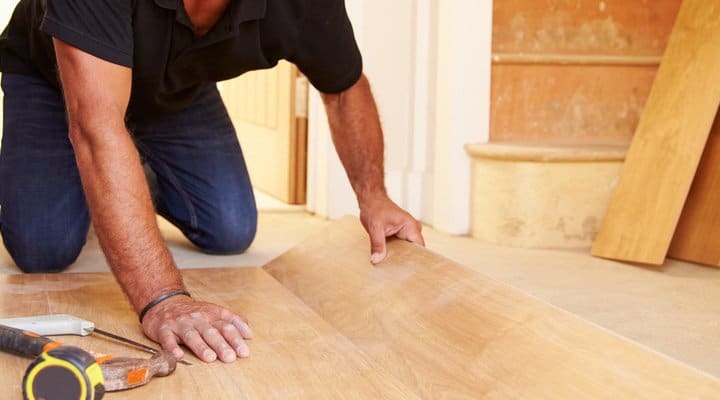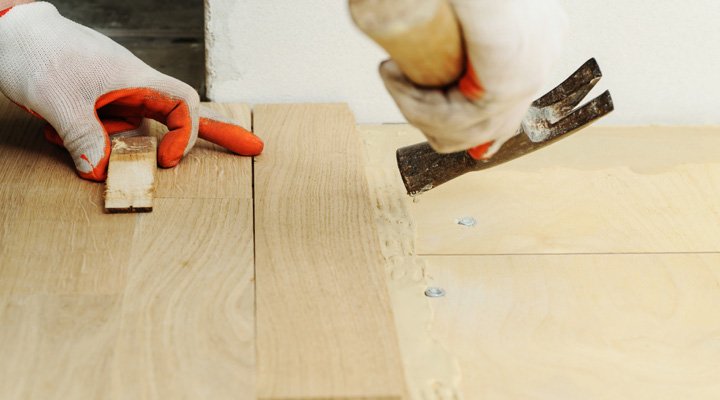

17 Sep Hybrid Flooring vs Engineered Timber Flooring
If you are looking to install a new floor, choosing a floor can be confusing. Whether it be for comfort underfoot, or the authentic feel of real timber, both hybrid and engineered flooring provide a multitude of characteristics that may satisfy your flooring needs. Nevertheless, the following article will help make the choice between hybrid and engineered timber flooring.
Direct Comparison – Hybrid Flooring vs Engineered Flooring
Look and Appearance
Hybrid flooring aesthetics is created through a print under a protective layer while engineered flooring has real timber on the surface. This being said, engineered floors are more effective in resembling the high-quality design of hardwood or oak timber, deeming it as a more lavish interior design.
Winner: Engineered Timber Flooring
Installation
Hybrid floors require less cost in installation as there is no need for PVA glue or nails in installation. A DIY installation of hybrid flooring can make it even more affordable. Engineered floors on the other hand are generally more pricey and the installations may require glue or nails. Therefore, hybrid floors tend to be more cost-effective.
Sometimes, engineered flooring can also be installed as a floating floor in thinner (12 – 14mm) ranges which makes them similar.
Winner: Hybrid Flooring (Not always)
Water-Proofing
Engineered timber is not 100% waterproof (In fact most are not at all!) whereas hybrid flooring is. This means that hybrid flooring is the more suitable choice when it comes to areas with high moisture or a higher chance of wetting floors, like kitchens.
Even the water-resistant HydroPro Engineered Timber range does not offer 100% waterproofing since natural timber can still absorb moisture if inundated entirely for extended periods of time.
Winner: Hybrid Flooring
Durability
Hybrid floorboards are made out of man-made materials while engineered timber is made of 100% natural composites. This being said, engineered timber has a more porous material, susceptible to water absorption, and can be easily broken down naturally. Therefore, hybrid flooring is more durable than engineered timber.
Winner: Hybrid Flooring
Cost/Price
Fortunately, hybrid flooring can be more affordable, with mid-tier quality products ranging from $40 per square metre, up to $60 per square metre for high-end hybrids.
Engineered timber prices, on the other hand, start at $60 per square metre for micro-engineered flooring which has 0.6mm wood veneers, and can go as high as $120 for thicker veneers.
Winner: Hybrid Flooring
Deeper Analysis into Hybrid and Engineered Floors
What is Hybrid Flooring?
Hybrid flooring combines the best qualities of both vinyl planks and laminate flooring into an improved floating floor that boasts full waterproofing and heavy-duty durability. There are ranges of styles and designs made from pressing together multiple layers of materials.
- Core Layer: Hybrid floorboards are made of a waterproof and stable composite material, which provides peace of mind when it comes to water.
- Print Layer: Consists of aesthetic prints and designs that enhance the appearance of the board.
- Protective Layer: The surface has a tough UV coated wear and tear layer which offers robust protection against daily life.
- Underlayment: Hybrid planks rest on a pre-attached acoustic underlay to reduce sound resonance and make it comfortable to walk on.
There are two main types of hybrid planks, each differentiated by their core layer: Stone Plastic Composites (SPC) and Wood Plastic Composites (WPC).
Stone-Plastic Composites (SPC):
These cores consist of stone, usually natural limestone, polyvinyl chloride and stabilisers. This makes SPC floors thinner, denser/stronger, and more affordable.
Wood-Plastic Composites (WPC):
These cores consist of recycled wood and plastic, making these floorboards thicker, more pricey, and more appealing and comfortable to walk on.
Pros and Cons of Hybrid Flooring
Pros
- Quite Affordable
- Easy installation process
- Little maintenance needed
- Durable, dent and scratch-resistant
- 100% waterproof
Cons
- Requires a very even subfloor to install over
- Lacks authenticity of timber flooring as it is synthetic
- Colour may fade if exposed to strong sunlight in the long term
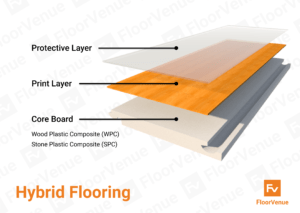

What is Engineered Flooring
Engineered flooring can be thought of as a multi-layered “timber floor”. It has an upper layer of real timber (also known as lamella) attached over a couple of alternating plywood layers or composite core. These layers are bonded and the surface is prefinished for an appealing look.
These boards combine the benefits of real timber with floating floorboards, enabling easier installations that are even DIY friendly.
Did you know that engineered timber is the only way of getting real wood floors into your apartment or units?
Pros and Cons of Engineered Timber
Pros
- The surface veneer of real timber flooring makes it indistinguishable from solid timber flooring
- Higher-dimensional stability compared to solid timber
- Suitable for apartment use
- Easy to install and DIY friendly
- Can have a waterproof core
- Can increase property value
- Usually more affordable than solid timber
Cons
- It may be pricey (can reach the price of real timber)
- Offers less sand and polish cycles (minimum 2mm veneer) because there is only a thin layer of real wood
- May wear in high traffic areas because of lower durability compared to synthetic flooring options
- Most ranges do not offer water resistance
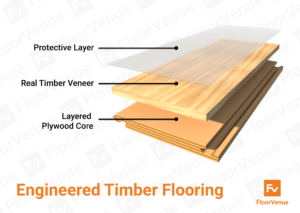
Deeper Cost Comparison
Engineered Timber Flooring
When it comes to price, Engineered timber is more expensive than hybrid flooring. This is because they are constructed from real timber, whereas hybrid floors have a printed surface design.
Engineered Timber Material Cost:
The price for engineered timber generally ranges from $60 – $110 per square metre. Whilst Australian hardwood timbers tend to cost slightly higher than equivalent European oak timbers, the exact price is mostly dependant on the lamella’s thickness:
- 0.6 – 2mm Veneer: $60 – $70 per square metre.
- 2 – 4mm Veneer: $70 – $100 per square metre.
- 4 – 6mm Veneer: $80 – $110 per square metre.
Engineered Timber Installation Cost:
Engineered timber floorboards are floating floors, meaning they can be installed via a click-lock system. Because this does not require glue or nails and is easier to install, it is a much more affordable installation option.
- Floating Installation: $25 – $40 per square metre
- Direct-Stick Installation: $40 – $50 per square metre
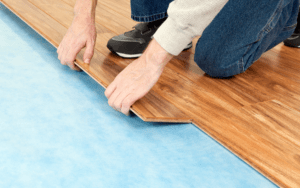

Hybrid Flooring
Stone Plastic Composites (SPC) are more affordable and durable. Wood-Plastic Composites (WPC) on the other hand is slightly more pricey but more comfortable underfoot.
Hybrid Material Cost:
- SPC Hybrid: $35 – $60 per square metre
- WPC Hybrid: $40 – $60 per square metre
Hybrid Flooring Installation:
Hybrid floors are installed without glue and nails (floating installation) and typically cost around $20 – $30 per square metre for installation.
As they do require a very even subfloor, you may need to pay extra subfloor levelling charges if your subfloor is uneven. The levelling cost can vary significantly depending on the subfloor material, the area and the type of unevenness.
